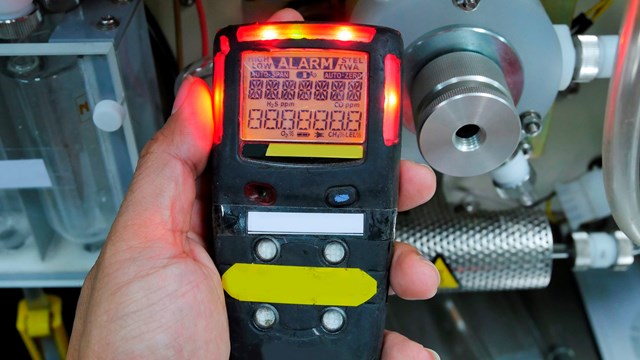Times change and your building's house rules should change along with them. A decade may have
passed since your house rules were first written or last updated. In that time, the City has passed stringent new anti-smoking and recycling laws. High-tech health clubs have been built in luxury condominiums while roller-blading seems to have become the national pastime. Your house rules need to take these changes into account. Without clearly stated regulations, residents, staff and visitors may not know if their behavior is acceptable to other building residents, an ambiguity that can lead to serious conflicts. By reviewing and updating your house rules, you can help resolve disputes more quickly and prevent conflicts that may lead to costly litigation down the line.
Changing the Rules
There is no lengthy legal process to changing the house rules. At any board meeting, a new rule or slate of rules can be adopted if the majority of the board is in agreement and the rule is not in conflict with the building's by-laws, black book or proprietary leases. If a new rule is challenged by shareholders, the board can either retract the rule or contest the challenge on the grounds that the rule was properly passed by the board.
Mayfair Towers, one of the buildings managed by American Landmark, recently went through a major update of their house rules. While the original house rules were only two pages long, the new version I helped the board draw up is 20 pages long and includes rules that are in line with today's trends. For example, now that we're in the '90s and roller blades have become a common form of transportation and recreation, the board decided to add a no roller blades in the lobby or elevator rule to the revised document, among many other changes.
A Rule Against Litigation?
Another issue that can be addressed in the house rules is how disputes within the building should be resolved. All too often, we hear about shareholders taking the co-op or other shareholders to court over issues such as the right to alter an apartment or the co-op's right to access apartments to perform repairs. One way to avoid these unnecessary trips to the courtroom is to incorporate an Alternative Dispute Resolution (ADR) clause into the revised house rules. Under the ADR, the co-op or condo can require that all disputes be handled by either arbitration or mediation, as opposed to litigation.
Arbitration involves having the parties in dispute sit down with a professional arbitrator or group, such as the American Arbitration Association, in order to have their complaints heard. Ideally, the individual or panel chosen by the parties should have a knowledge of the area in dispute so that the hearing can go quickly, with no need to explain to the arbitrators the context in which the dispute has arisen. For example, a case handled by the Association involving the value of an apartment was administered by a three-member panel consisting of a real estate appraiser, a real estate owner and a lawyer. According to Walter Goldsmith, Esq. of Friedman, Krauss & Zlotolow, a member of the Panel of Arbitrators of the American Arbitration Association, a binding arbitration award can be enforced in the same way a judgment by a court of law can be enforced, and the rights to appeal an arbitrator's decision are very limited.
Another al ffb ternative is mediation, which is a non-judicatory process that can be carried out in a shorter period of time than arbitration proceedings. A mediator does not have the power to impose a settlement or achieve a result, but rather assists both parties in reaching a mutually acceptable agreement.
Despite the distinct advantages of arbitration and mediation over costly litigation, many boards are reluctant to give up their power to sue, especially in cases involving themselves, because they feel they may have more leverage during litigation. Boards are understand-ably more willing to require arbitration during a shareholder vs. shareholder dispute.
Some shareholders may argue that by altering the rules in this manner, the board is improperly amending their proprietary lease and/or by-laws. However, unless the lease or by-laws contains a direct statement precluding arbitration or mediation (e.g., the lease refers to a lawsuit being introduced under certain con-ditions), the board does have the power to change the rules to this effect.
Although most buildings we manage have not put an arbitration clause into their house rules, we have encouraged our clients to require that all disputes be brought before the New York region's American Arbitration Association, or settled with the help of a mediator. As of yet, inclusion of an ADR clause in the house rules has not been challenged in the courts and it still remains to be seen how legally binding they can be if challenged by residents who want to take their complaints to court.
Strongly worded and well-thought-out house rules can go a long way toward avoiding in-house disputes, even without an ADR clause. As long as residents know exactly what is expected of them and their visitors, they have a better opportunity to stick to the rules and avoid irritating fellow shareholders. Some time spent today on reviewing and revising your house rules can mean money saved down the line in resolving conflicts.
Mr. Librett is general counsel for American Landmark Management Corporation. American Landmark specializes in the management of co-ops and condos.







Comments
Leave a Comment